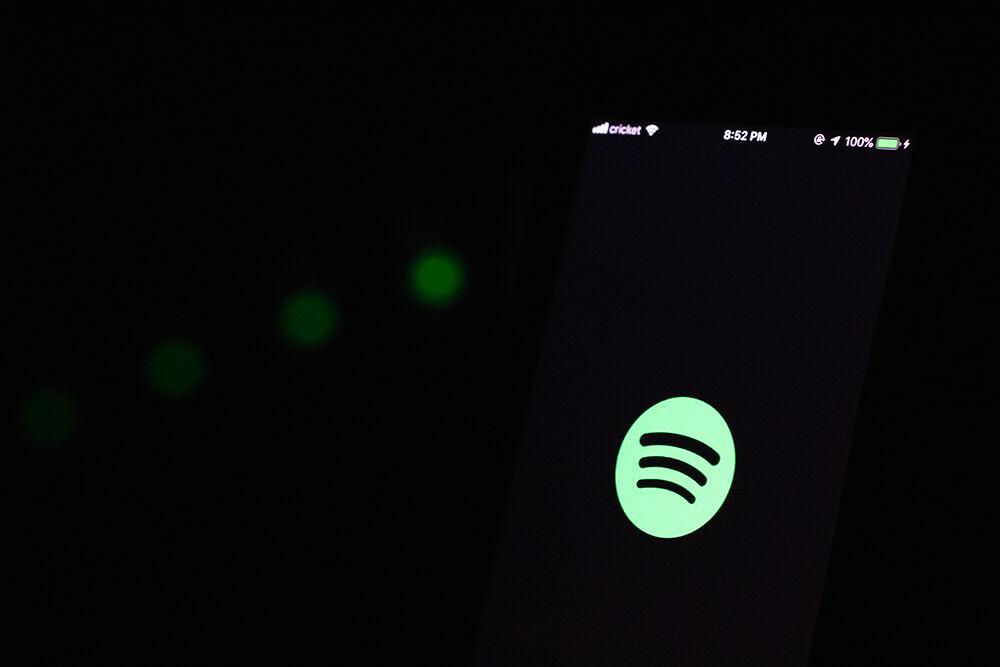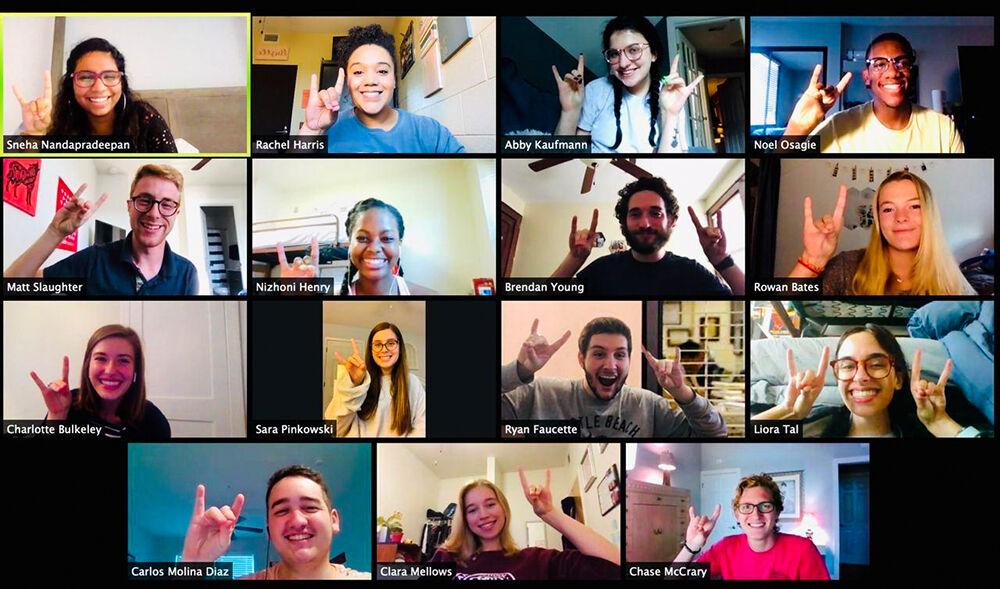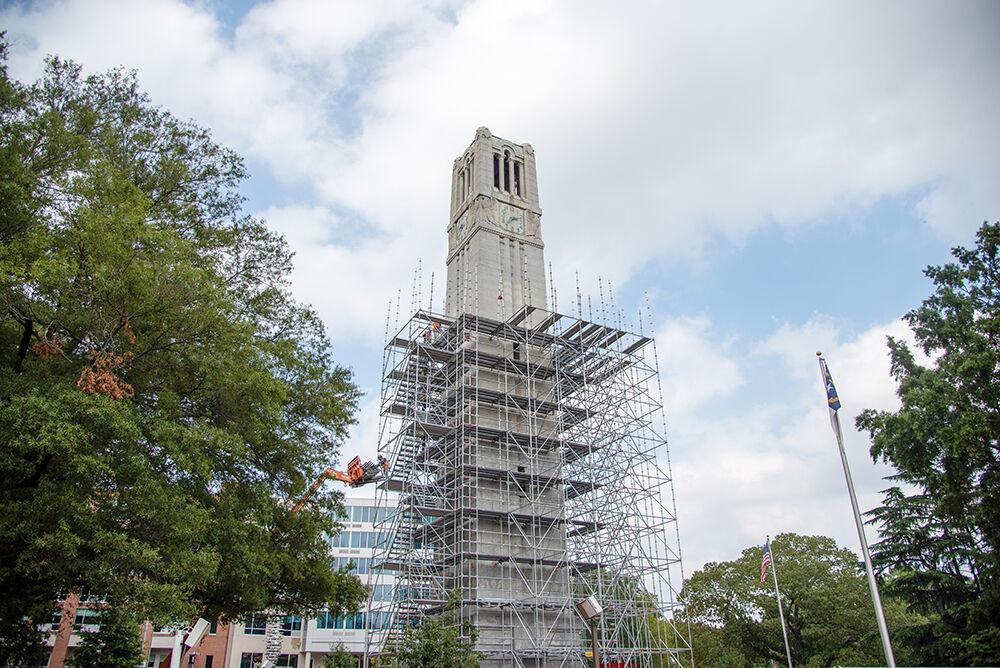Following the murder of George Floyd at the hands of a police officer in Minneapolis, Minnesota, protests have broken out across the country demanding justice, not only for Floyd, but for so many other black people and others who have been brutalized by the police in America. Several major political figures, including Barack Obama, Hillary Clinton, Joe Biden and more, as well as many social media users, have told protesters to “just vote.” While I do feel that voting is incredibly important and anyone who can vote, should vote, telling protesters to vote for change right now is just an attempt to silence them.
The first of many problems with the idea that voting will fix systematic racism in America is that voting right now will not change anything until January 2021. Telling protesters to vote is just a simple way for politicians and opponents to the movement to put this issue off for another few months. Second, barring sheriffs, police officers are not elected and elections truly have no impact on who will be hired as a police officer. The chief of police is generally appointed by the mayor or city council, but voters have no direct say in who will be placed as chief of police.
Another big issue with telling protesters to vote is that the national budget for criminal justice has consistently risen since 1982. Democratic politicians claim that voting for them will bring change to the criminal justice system. No matter Democratic or Republican, police spending continues to climb. Former President Obama argues that protesters must go out and vote to force change, but ignores the fact that he was president for eight years and only 15 of the nation’s 18,000 police departments had agreed to join his police reform initiative. In 2015 alone, after the introduction of Obama’s police reform initiative, 994 people were shot to death by the police. That does not include the other victims that were strangled, beaten or tased to death.
Ignoring these more obvious reasons, there are subtle structural reasons why telling a movement made up largely of black people to vote is problematic. Ever since black Americans were finally granted their right to vote, their vote has been suppressed. It may not be as obvious as poll taxes, grandfather clauses, blatant intimidation and literacy tests, but suppression of the black vote is still prominent in American politics. Tricks like racial gerrymandering in North Carolina and more secretive intimidation tactics still exist in America today, and there are still more underlying reasons why this specific problem cannot be voted away.
In several of the cities with protests, mayors have implemented curfews. Washington, D.C., Indiana, Iowa, Maryland, Montana, New Mexico, Pennsylvania, Rhode Island and South Dakota held primary elections for the 2020 presidential election on June 2. However, Washington, D.C., Indianapolis, Des Moines, Philadelphia, and Providence all also implemented curfews on the night of the elections. While mayors clarified the curfew did not apply to those voting, anyone out after the curfew who seems associated with the protests could be arrested. This seems like a slippery slope considering the protests are predominantly black-led and majority-black communities are more heavily policed. Cities like Philadelphia and others shut down public transportation following the protests. This creates a problem when 34% of black Americans rely on public transit. If public transit is shut down, the votes of those that rely on public transit cannot be counted.
Furthermore, many states are looking to expand mail-in voting to handle fears of COVID-19, a disease that is disproportionately affecting black Americans. In North Carolina, anyone can request a mail-in ballot through printing off an online form, filling it out, mailing it to your county’s Board of Elections, receiving your ballot and mailing your ballot back. As of 2016, black Americans were the least likely to have Internet access in their home and, therefore, were more likely to rely on public computers. Due to COVID-19, many areas, like libraries, where people could access computers have been closed, and many black Americans may fear venturing into libraries due to the virus.
Throughout most of the United States, people who have been convicted of felonies are unable to vote for a period of time. In 16 states and Washington, D.C., people with felonies cannot vote while they are incarcerated. In 21 states, including North Carolina, people with felonies cannot vote while they are incarcerated and for a period of time after they are released. In 11 states, people with felonies lose their right to vote indefinitely unless pardoned. In 2017, a study estimated that 33 percent of black men in America have been incarcerated for a felony. Depending on the states they were arrested in, a majority of these men will not be able to vote for justice. This seems especially problematic when some of these men have also had unjust encounters with police.
In the United States, permanent residents, or immigrants in the U.S. with “green cards,” as well as undocumented immigrants, cannot vote in federal, state or local elections, except for some local elections in Maryland. In 2018, 10% of all U.S. immigrants identified as black. These immigrants, while still being subjected to heavily racialized U.S. policing, also have no way of voting for change.
Violence against the black transgender community has again made headlines with the police murder of Tony McDade in Tallahassee, Florida. While anti-transgender violence is largely directed to black trans women, black trans men and black non-conforming individualsare not safe from police violence either. Twenty-two percent of transgender people who have interacted with police say they were harassed by the police, and 6% say they were assaulted by the police. Due to the implementation of strict voter ID laws, 378,000 voters who are trans may not be able to vote due to their name, appearance or gender not matching that which is on their ID.
Voting is incredibly important, but it is not always the answer. With systemic disenfranchisement and political apathy, voting cannot be the answer to police brutality in America. The statement of “every vote counts” is sadly not a true one.




















